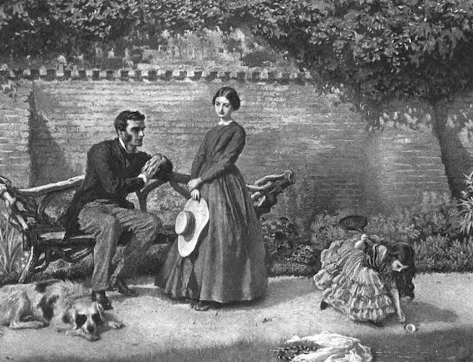Religion in Jane Eyre: A Journey Through Faith and Morality
In “Jane Eyre,” Charlotte Brontë explores the complex relationship between faith, morality, and individual identity. This rich tapestry of religious themes highlights not only the characters’ personal beliefs but also the societal norms of the Victorian era. Understanding these religious elements can deepen our appreciation of Jane’s journey toward self-realization and independence.
The Influence of Morality on Character Development
Throughout the novel, morality is a crucial factor shaping Jane’s character. Raised in a harsh, neglectful environment devoid of love, Jane struggles to find her moral compass. Her experiences with figures like Mr. Brocklehurst and Helen Burns illustrate contrasting views of religion. Mr. Brocklehurst embodies a legalistic and hypocritical form of Christianity, while Helen offers a more compassionate interpretation, teaching Jane about forgiveness and endurance. This duality plays a vital role in Jane’s development, as she ultimately seeks a balance between stern morality and emotional integrity.
Faith and Personal Agency
Another significant theme in “Jane Eyre” is the connection between faith and personal agency. Jane’s belief in her own worth and dignity often clashes with the rigid expectations imposed by society and religion. For example, as she grapples with her feelings for Mr. Rochester, Jane’s moral beliefs urge her to prioritize honesty and self-respect over societal approval. Her refusal to compromise her integrity—even when faced with loneliness—highlights how faith in oneself can lead to personal empowerment. This idea resonates with readers, encouraging them to reflect on their own values in the face of societal pressures.
The Role of Religion in Relationships
Religion also plays a pivotal role in the relationships portrayed in “Jane Eyre.” The bond between Jane and Rochester becomes increasingly complex as their differing beliefs come to the forefront. Rochester’s spiritual struggles reflect his search for redemption and true love, further complicating their connection. Additionally, characters like St. John Rivers introduce the themes of duty and sacrifice in the name of faith, challenging Jane to evaluate her priorities. These interactions underscore the importance of compatibility in beliefs and values within relationships, raising questions about the nature of love and commitment.
In Conclusion
Charlotte Brontë’s “Jane Eyre” weaves a rich narrative that explores the intersections of religion, morality, and personal identity. By analyzing the diverse portrayals of faith and its impact on the characters, readers can gain a deeper understanding of Jane’s journey and the societal context of her struggles. As you immerse yourself in this classic novel, consider how your own beliefs and values shape your path in life. Happy reading!
